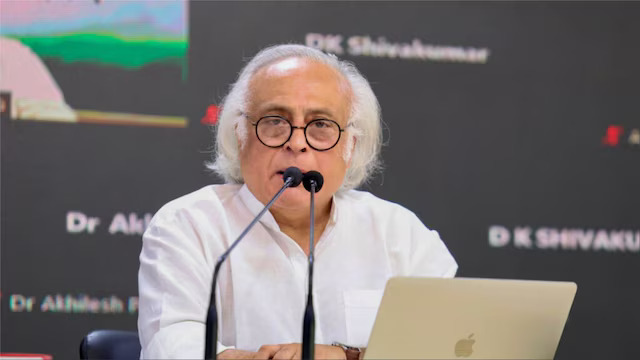Congress challenge Waqf Bill has become a major political and legal development, with the party preparing to file a petition in the Supreme Court. Senior leader Jairam Ramesh announced that the bill will be contested on constitutional grounds, citing its negative impact on minority rights and transparency. This legal move is part of a broader effort by the party to counter policies introduced by the Modi government. By pursuing the Congress challenge Waqf Bill, the party aims to defend democratic principles and institutional integrity.
Congress Pursuing Other Legal Challenges
Along with this issue, Congress is also battling other legal issues. These are:
- Challenging the 2019 amendments to the Right to Information (RTI) Act
- Protesting the 2024 amendments to the Conduct of Election Rules
- Promoting the Places of Worship Act, 1991
All these cases are under hearing at the Supreme Court. By these legal actions, the party seeks to support democratic values and institutional transparency.
Also Read: Sonia Gandhi on Waqf Bill: A ‘Brazen Assault’ on Constitution
Bill Passed Despite Opposition
The Waqf (Amendment) Bill, 2025 was unanimously passed by the Rajya Sabha on Friday morning. The bill was also cleared by the Lok Sabha a day ago. Even with vociferous protests by a united opposition, the bill sailed through both Houses smoothly.
Prime Minister’s Response
After the passage of the bill, Prime Minister Narendra Modi referred to it as a “watershed moment.” He claimed that the law would encourage socio-economic justice, transparency, and inclusive growth. According to him, the previous Waqf system was not accountable and did not benefit weaker sections, particularly Muslim women and Pasmanda Muslims.The Waqf (Amendment) Bill and the Mussalman Wakf (Repeal) Bill approval is a watershed moment. It assists those deprived of voice and opportunity,” he tweeted on X.
Political Discussion Continues
The Congress opposition to the Waqf Bill has fanned the flames of an already fiery debate. The party feels the bill violates the rights of minorities and decreases transparency in the administration of Waqf properties. The government, however, maintains the reforms are essential for improved governance and inclusion.With the Supreme Court accepting this petition, the fate of this judgment may have long-term implications on minority rights as well as governance of property in India.














































